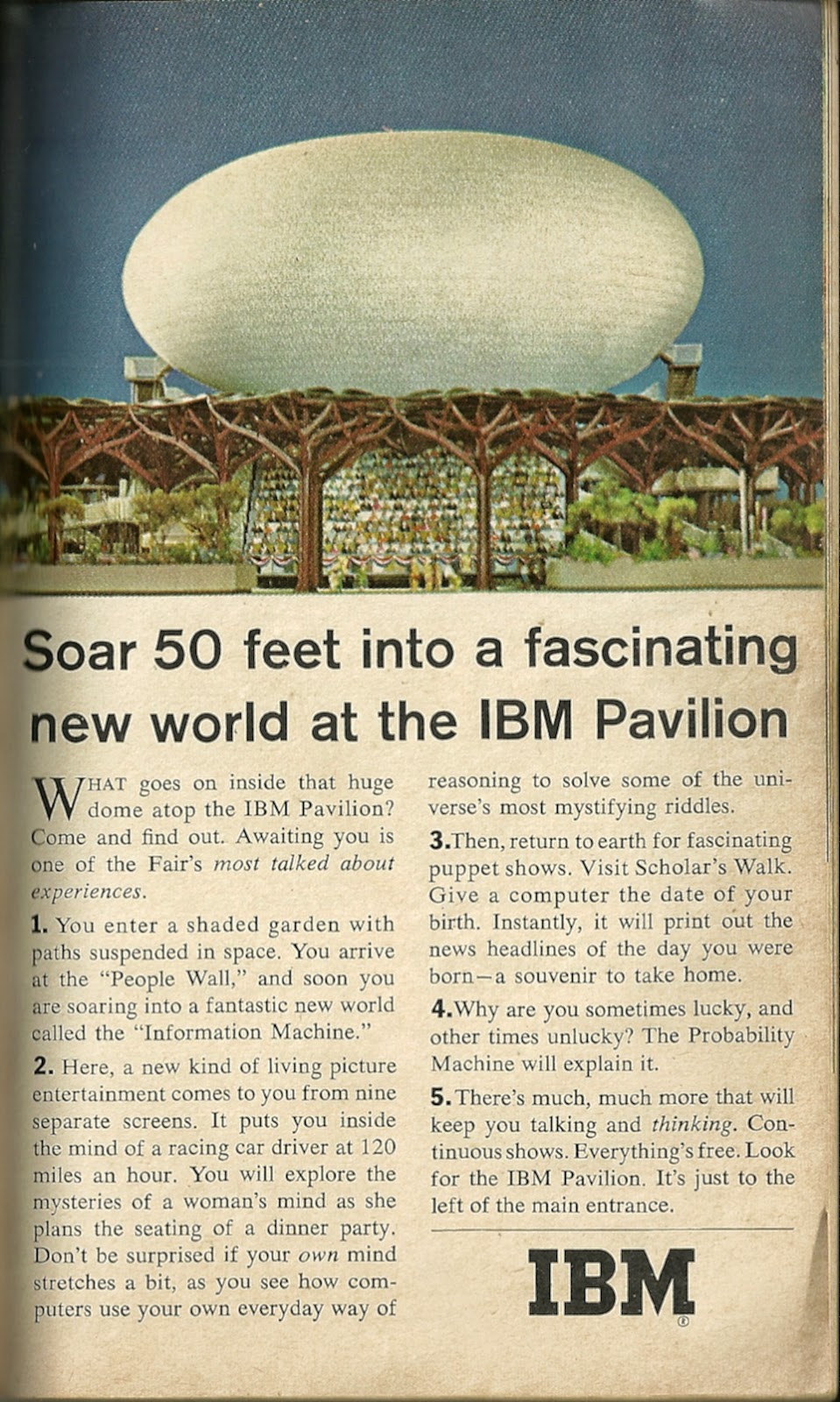All of these movies were released before the production code began to be enforced. Various church groups, as well as other moralist busybodies, had become upset at some of the content of the movies; a censorship was implemented to keep the movies from being censored. If you have trouble with the logic of that statement, I would advise against following the news in this era of Trumpenstein.
Many of these horror stories had originally appeared as novels, with subtexts intended to provoke thought on social movements and concerns of the day. In the hands of the early sound filmmakers, they were turned into grandly visual entertainments with thought provoking subtexts regarding the human condition. That particular horror film cycle occurred during the darkest days of the Depression, and often seem to send a message that some of the people who had created the monstrous worlds in which we found ourselves were victims, too. (The capitalists of industry must have breathed quite a bit easier without the showing of distressed populations in revolt.) In that era of such stories, a satisfactory conclusion often depended upon groups of people working together towards a satisfactory resolution; often including the creators of the monsters. A new horror cycle started in the early 1940's. With the rise of fascism, Nazi Germany, and Imperialist Japan, resolution began to depend on Super Heroes. ( I left out the Italians - no one really paid attention to them, unless they were stock comic relief characters.) The heroes of both eras had egalitarian American values, stood up for their neighbors, as well as anyone being oppressed, and took action without thinking too much about it. A sock in the jaw often started the richly deserved payback. The monsters in our stories are now usually aliens, and resolution is out of our everyman hands - the only role for 'the people' is as victims. These new horrors can only be stopped by the intervention of deus ex machina superheroes, who are now tortured souls full of self doubt and dark thoughts. This is all off the cuff generalization; perhaps it will become its own blog entry some day.
"Island of Lost Souls" is based on H. G. Wells', "The Island of Dr. Moreau". Mr. Wells was not happy with this first adaptation of his 1896 novel. He felt that stressing the horror elements downplayed his themes, which included moral responsibility, human identity, tampering with nature, vivisection, pain and cruelty. The film had changes from the book, one of which, the inclusion of sex in the form of the Panther Woman, was incorporated into later tellings of the tale. The story centered on a (mad?) doctor, who uses his private isolated South Seas island as a research center for his work in speeding up evolution. It will not give much away to note that this process is accomplished by operating on animals and turning them into human beings. The operations are performed without anesthetics. Unsuccessful experiments are ejected from the Doctor's compound, and forced to live on the island. The film struck pay dirt in costuming Dr. Moreau and other (upper class) persons of authority in white, which immediately conjured images of colonial authority over those considered lesser beings than themselves. (In the book, the Doctor and his men are described as wearing blue work clothes.) By the way, the release of the movie in England was delayed by censorship until the late 1950's, and I think in Australia it didn't see the light of a projector until the 1980's (but I can't find my note on the date). The print broadcast on Tuner Classic Movies, which I believe is available as a Blu Ray DVD from Criterion, was made from a variety of 35mm prints, including a few frames from 16mm. It is easily the best quality I've ever seen on this title. Watching it is still a disturbing and eerie experience.
The role of Doctor Moreau was performed by Charles Laughton. While the movie itself can't be accused of much subtlety in its 70 minutes, Laughton's doctor is part visionary genius, and part insane sadist, sometimes expressed with childlike glee. It set a standard for such roles that has not been often equaled. I seem to recall that Laughton once stated that he based his character on his dentist.
Bela Lugosi played a leader of the island's rejects, the "Sayer of the Law". The Law had been set down by the good doctor. Lugosi and "the natives" would chant in call and response fashion, "What is the law?" "Not to spill blood. Are we not men?" "What is the law?" "Not to go on all fours. Are we not men?" The law is something each creation must learn after it has left "The House of Pain". If you're recognizing a few things that would later show up in association with various 1970's and 1980's rock bands, I should probably note that the movie was also the source of a once popular saying, "The natives are restless tonight." That, by the way, was not a good thing.

























